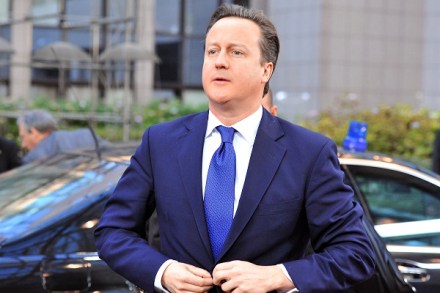Liam Byrne tries to turn David Cameron’s striver language back on him
The Leveson Inquiry will dominate this week. Inside Number 10 they regard it as ‘the most difficult’ of the three big issues dominating their time at the moment – the other two are the autumn statement and the EU Budget. But I suspect that voters will be far less interested in Leveson and the Prime Minister’s response to it than the media and political class are. I’d be surprised if Cameron’s handling of it changed the views of voters—as opposed to those of elites— of him. So, on The Sunday Politics today it was striking to see Liam Byrne, Labour’s welfare spokesman, trying to turn Cameron’s striver rhetoric back on




















